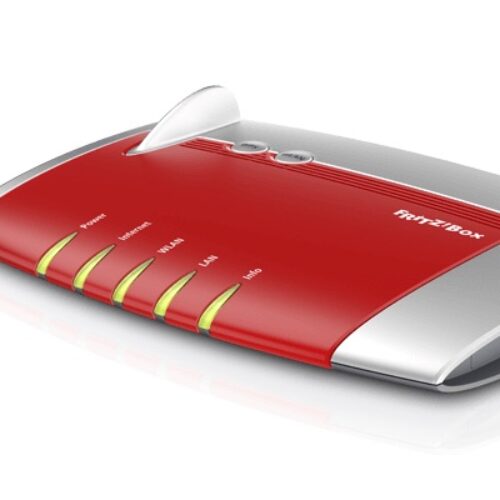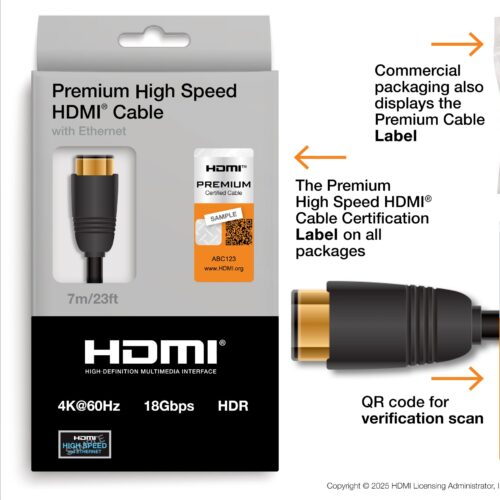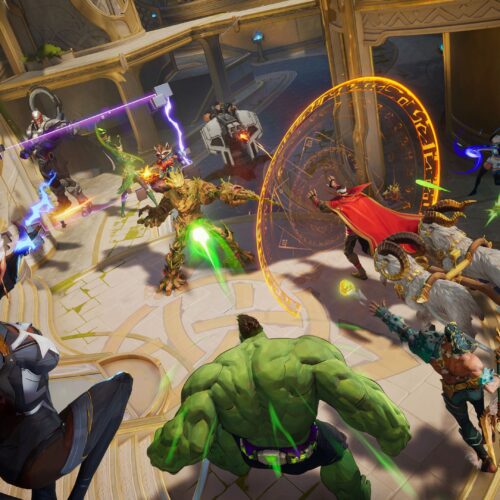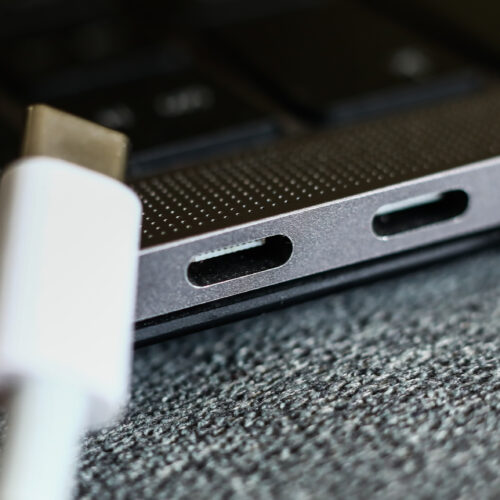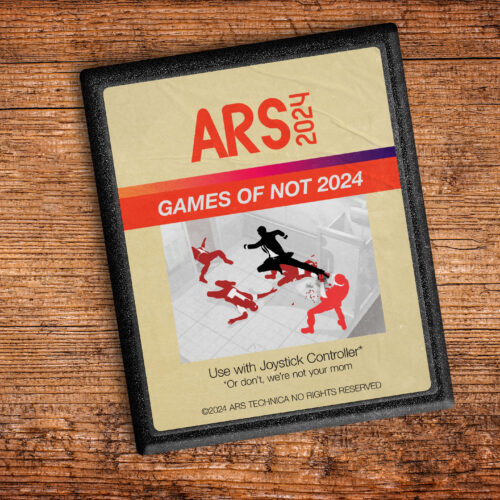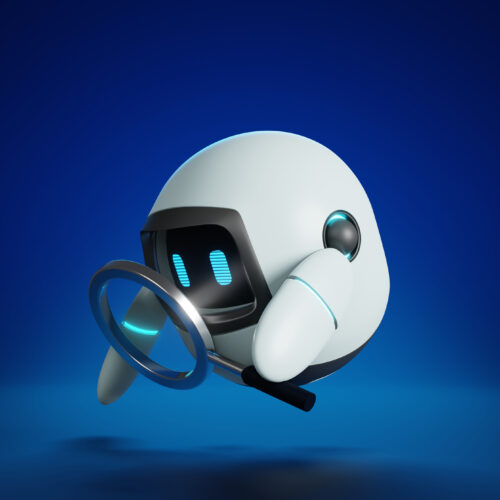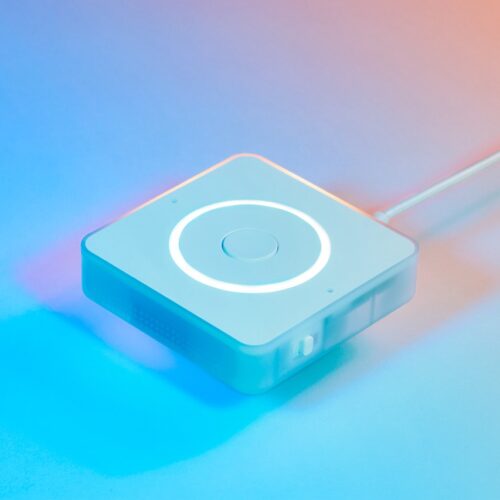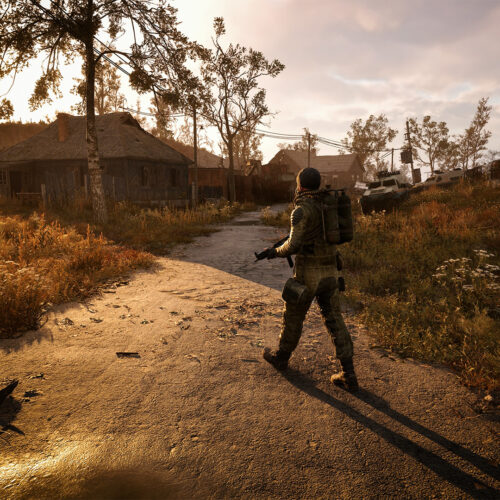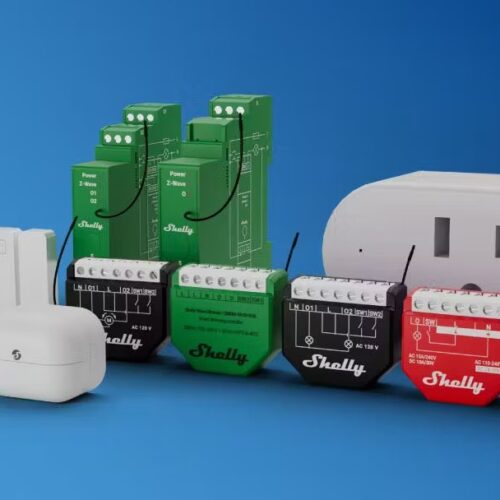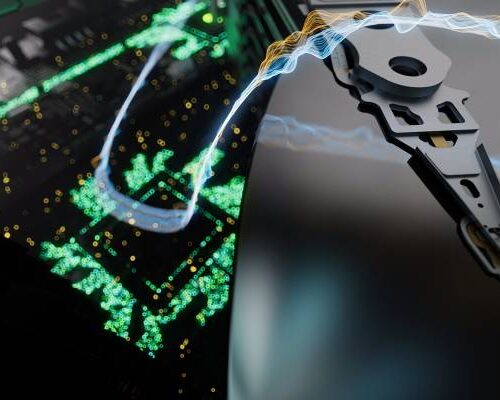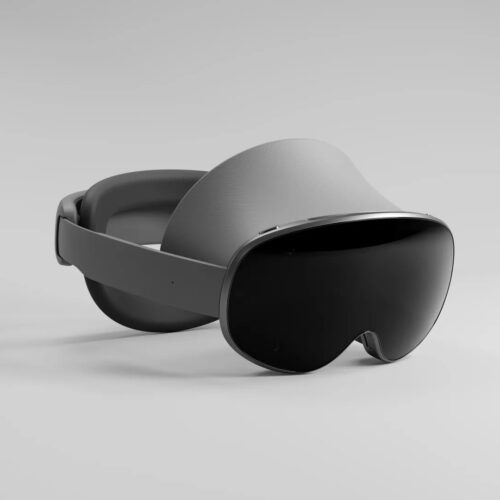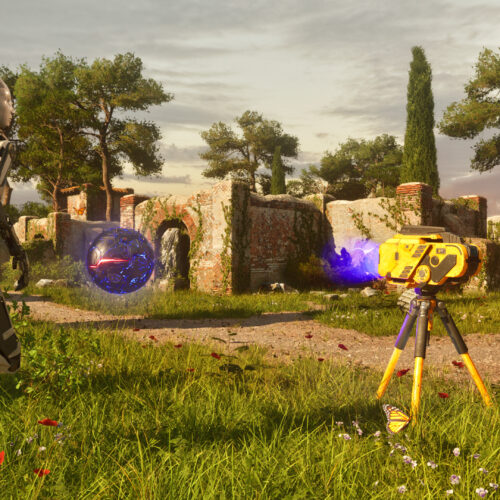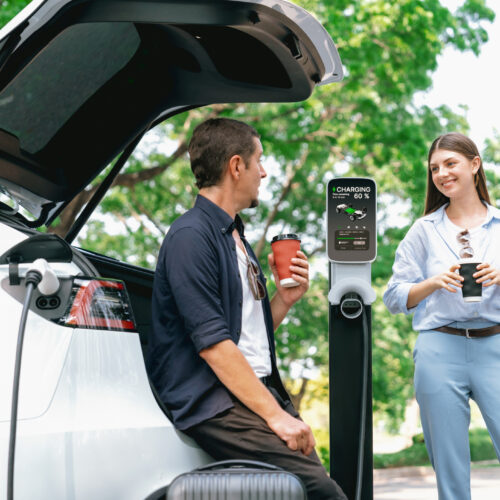German router maker is latest company to inadvertently clarify the LGPL license
The GNU General Public License (GPL) and its "Lesser" version (LGPL) are widely known and used. Still, every so often, a networking hardware maker has to get sued to make sure everyone knows how it works.
The latest such router company to face legal repercussions is AVM, the Berlin-based maker of the most popular home networking products in Germany. Sebastian Steck, a German software developer, bought an AVM Fritz!Box 4020 (PDF) and, being a certain type, requested the source code that had been used to generate certain versions of the firmware on it.
According to Steck's complaint (translated to English and provided in PDF by the Software Freedom Conservancy, or SFC), he needed this code to recompile a networking library and add some logging to "determine which programs on the Fritz!Box establish connections to servers on the Internet and which data they send." But Steck was also concerned about AVM's adherence to GPL 2.0 and LGPL 2.1 licenses, under which its FRITZ!OS and various libraries were licensed. The SFC states that it provided a grant to Steck to pursue the matter.


© AVM
